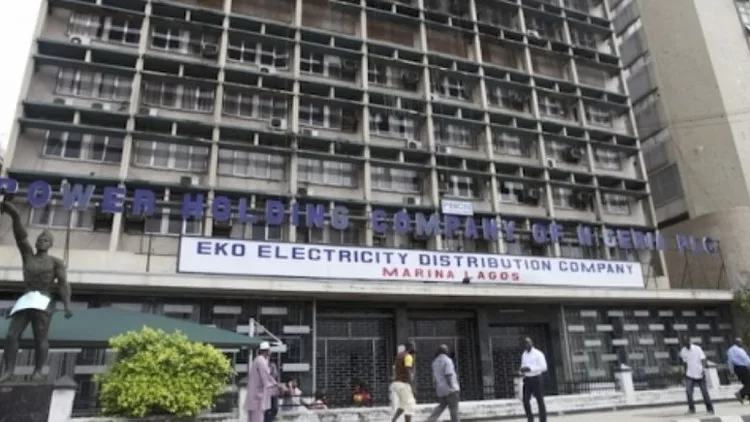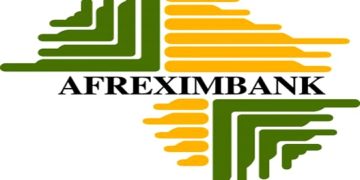The managing director of Eko Electricity Distribution Company (EKEDC), Dr. Tinuade Sanda, has called for urgent resetting of electricity tariff to avoid illiquidity problems in the energy sector.
Sanda pointed out that the industry needs to match up tariff with the rising price of gas which has escalated cost of service delivery.
However, the federal government, early this year announced that it was currently reviewing the implementation process for a cost reflective electricity tariff, but stated that it would continue to subsidise power supply for vulnerable citizens in Nigeria.
It also announced that it would unbundle the Transmission Company of Nigeria by separating Transmission services from System and Market operations in the first quarter of this year.
The minister of Power, Adebayo Adelabu, who announced this in a statement issued by the Federal Ministry of Power in Abuja, further stated that in the medium to long-term, Nigeria’s power transmission grid would be separated into regional grids to enable effective management.
Electricity Distribution Companies (DisCos) at the start of the new year denied reports of electricity tariff hike beginning from January 1, 2024, stressing that the Nigerian Electricity Regulatory Commission had not issued any directive for such.
Sanda, who was speaking while receiving members of the Chartered Accountants of Nigeria (ICAN), led by its president, Dr. Innocent Okwuosa, said that Eko DisCo believes in using innovative ways to ensure that its customers are metered.
Okwuosa, in his remarks explained that the institute opposed an attempt in 2023 by the Discos to increase electricity tariff in order to enable Nigerians to have access to affordable energy as provided in Sustainable Development Goal (SDG) 7.
Okwuosa, acknowledged that the power distribution sector in Nigeria is faced with multifaceted problems that include outdated transmission and distribution networks and called on the government to establish and implement clear and consistent policies that would create a conducive environment for investment in the sector.
“When in July 2023, the Discos moved to increase electricity tariff, the institute advised against this move not because we are not aware of the challenges facing the Discos.
“It was because of our public mandate interest as we are aware that the goal of SDG 7 is about ensuring access to clean and affordable energy by all citizens. There is no way SDG 7 can be achieved with the proposed hike in electricity tariff which came at the same time that the government removed fuel subsidy and unified exchange rate that was a massive devaluation in the value of Naira.
“We are of the view that President Bola Ahmed Tinubu’s administration should implement policies that would enable Nigeria to achieve the SDG goals, especially SDGs 1 to 10,” he said.
He referred to a World Bank’s report that 85 million Nigerians do not have access to grid electricity, which made Nigeria the largest energy access deficit country in the world.
“The lack of reliable power is a significant constraint for citizens and businesses, resulting in annual economic losses estimated at $26.2 billion or N10.1 trillion.
“As an institute, we will continue to advocate for greater accountability and transparency in the power sector, given that it holds the key to production and service activities that will boost the economic growth in Nigeria,” Okwuosa said.
He said it was essential to create a conducive environment that will attract investment to the sector by establishing and implementing clear and consistent policies as well as creating the right incentives.











